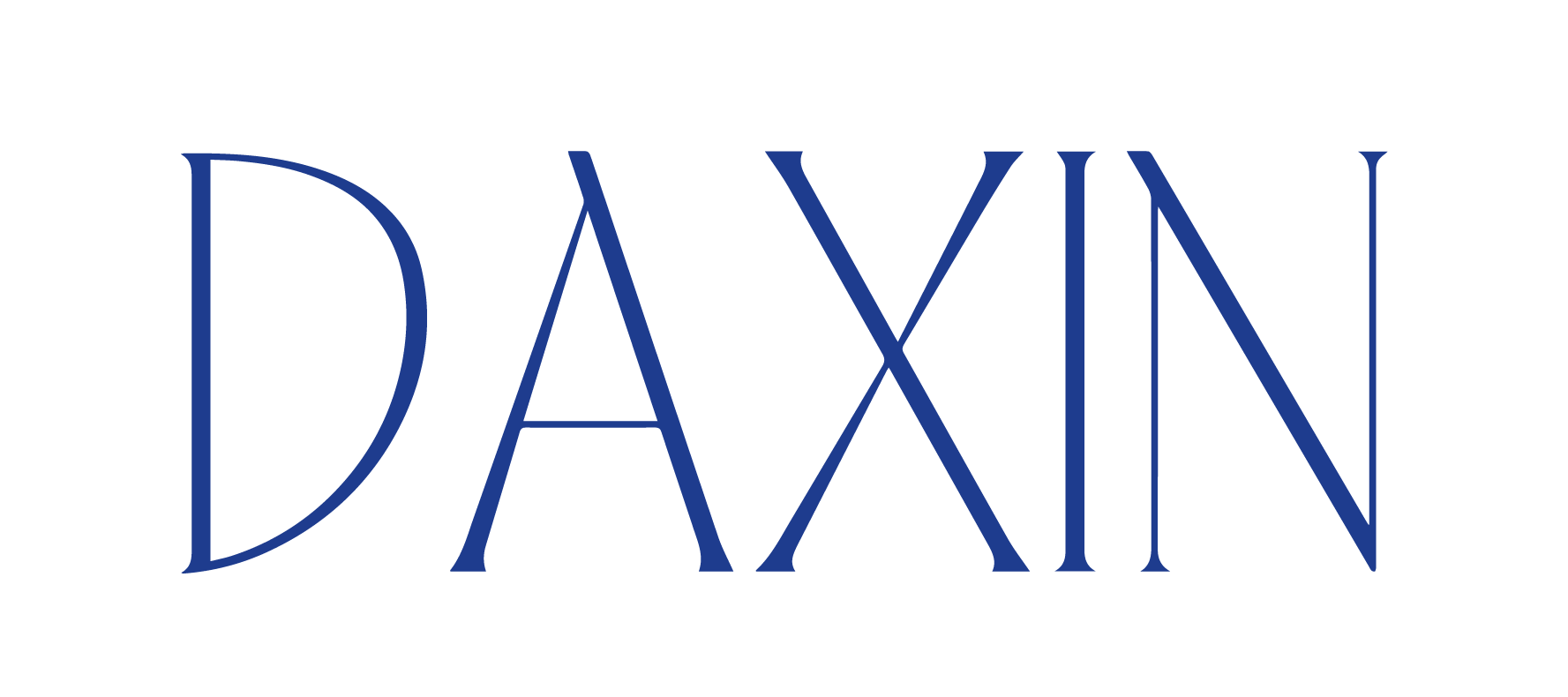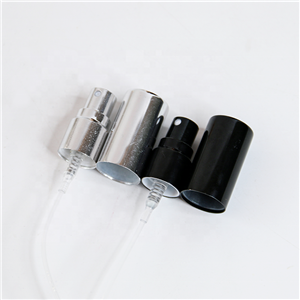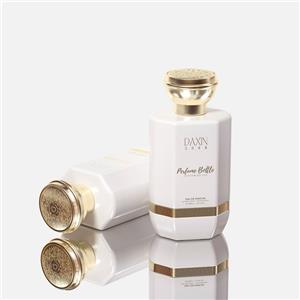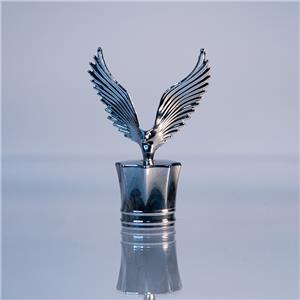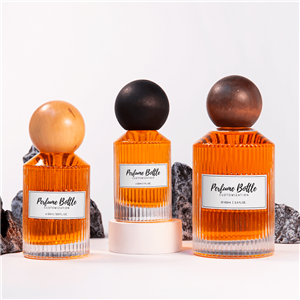Daxin Glass Shines at Beautyworld Saudi Arabia 2025
Daxin Glass Shines at Beautyworld Saudi Arabia 2025: A Strategic Showcase and Future Trends in the Middle East Perfume Bottle Market
From April 21 to April 23, 2025, Daxin Glass participated in Beautyworld Saudi Arabia at the Riyadh International Convention & Exhibition Center (RICEC). Showcasing perfume bottles, aroma bottles, 2ml sample perfume bottles, and zinc alloy lids, the company strengthened its presence in the Middle East's booming fragrance market. This article explores their participation and analyzes future trends in the region's perfume bottle market.
Beautyworld Saudi Arabia 2025: A Platform for Innovation
Beautyworld Saudi Arabia 2025 attracted over 400 exhibitors from 40+ countries, with a 288% increase in visitors. The Saudi beauty market, valued at USD 2.12 billion in 2024, is projected to reach USD 3.57 billion by 2033 (CAGR 5.9%). Daxin Glass's participation aligned with this growth, showcasing products tailored to regional demands.
Daxin Glass's Product Showcase
Perfume Bottles: Elegant designs with Arabic-inspired elements.
Aroma Bottles: Catering to the rise of home fragrances like bakhoor.
2ml Sample Bottles: Ideal for e-commerce and travel retail.
Zinc Alloy Lids: Premium, customizable lids for luxury branding.
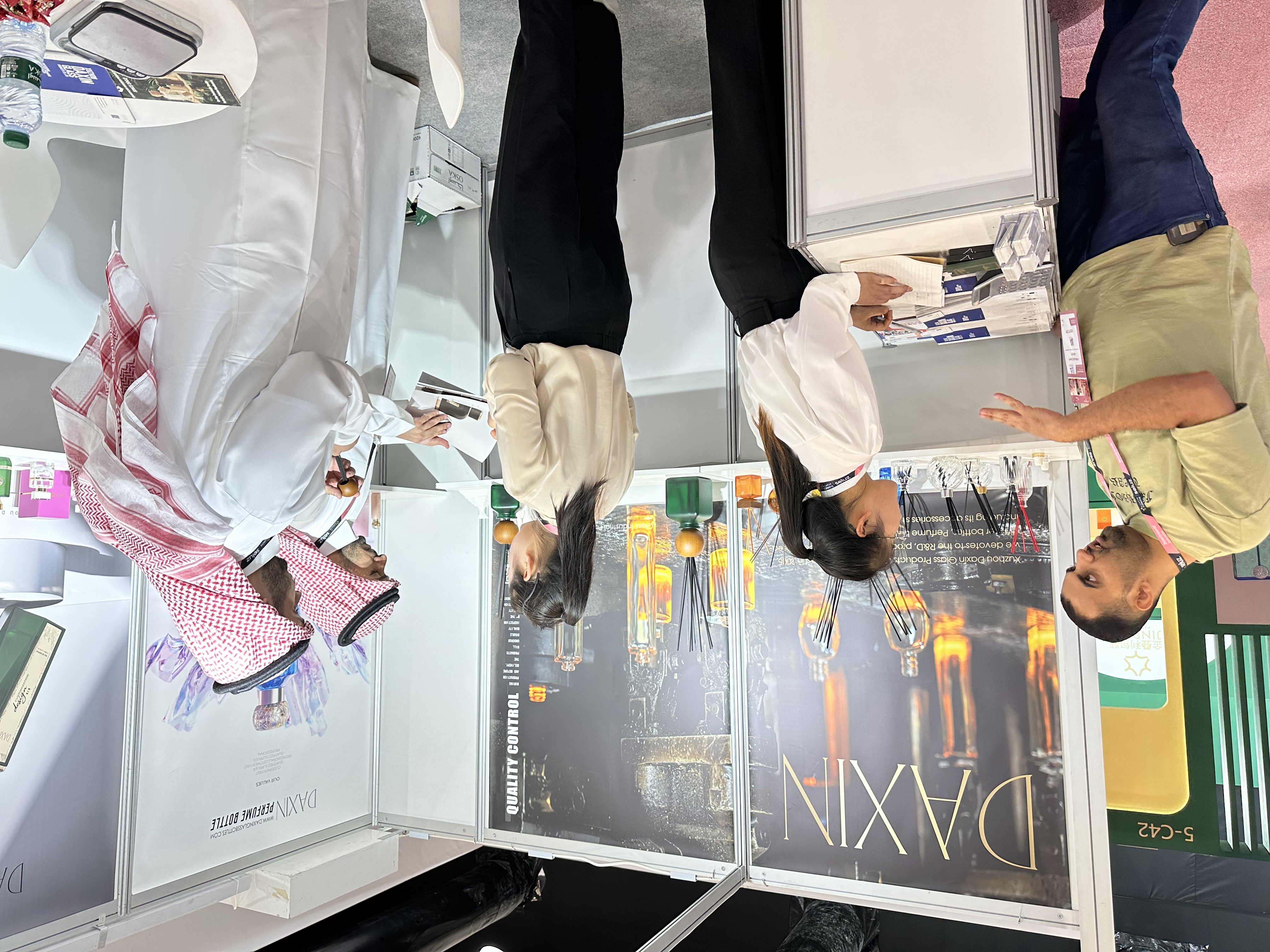
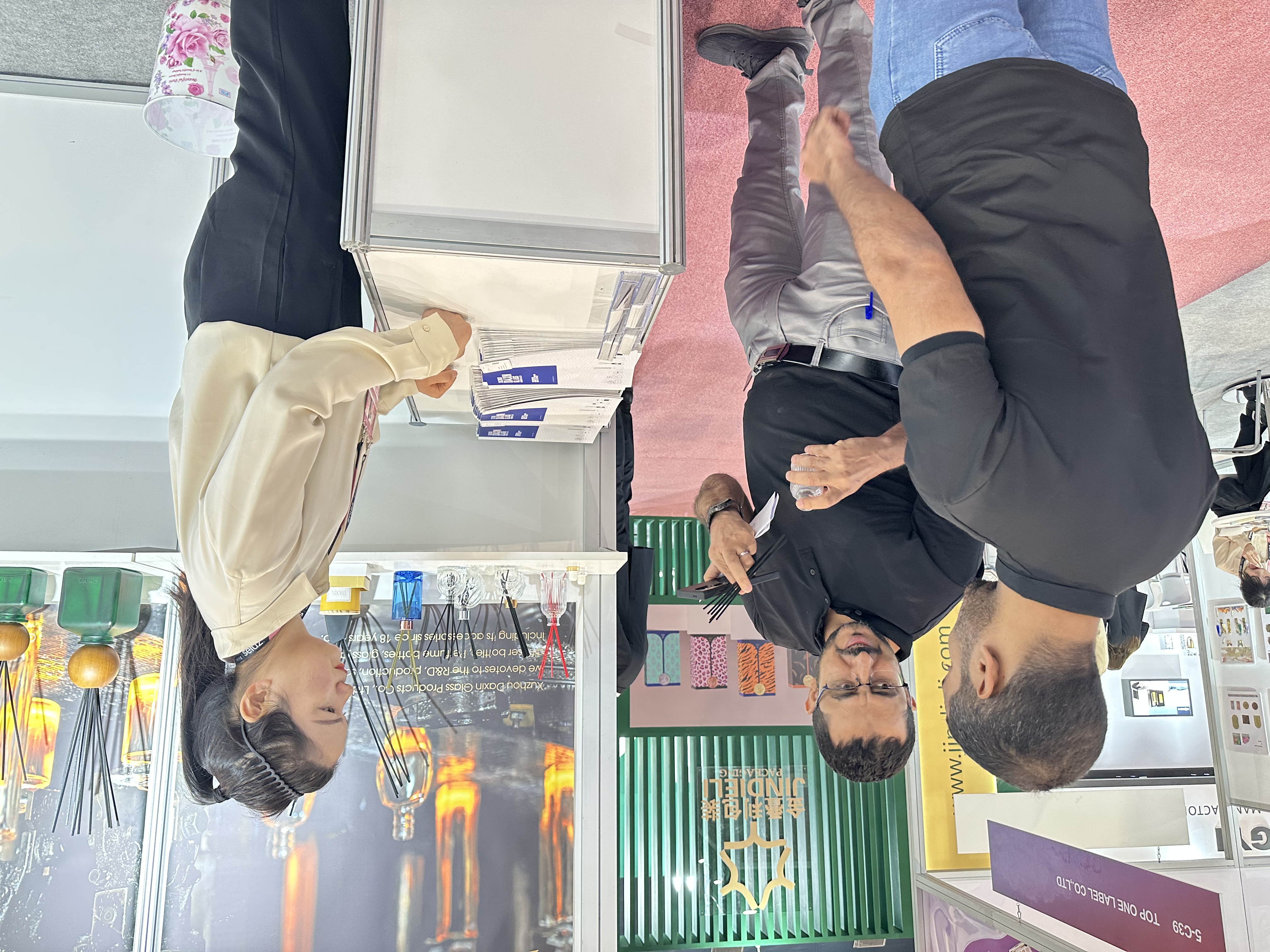
Strategic Significance
The event allowed Daxin Glass to connect with stakeholders, gain market insights, and showcase sustainable glass packaging. Their focus on sample bottles aligned with the region's e-commerce growth (2.3% in 2018 to 6.1% in 2023).
Future Trends in the Middle East Perfume Bottle Market
Cultural Resonance: Demand for Arabic-inspired designs with calligraphy and premium materials.
Arabic-Inspired Designs: Consumers in the Middle East, particularly in Saudi Arabia and the UAE, gravitate toward packaging that reflects their cultural roots. Perfume bottles featuring Arabic calligraphy, intricate geometric patterns, and motifs inspired by Islamic art are in high demand. For example, bottles with embossed designs or gold and jewel-toned accents appeal to the region's preference for opulence and heritage. Local brands, such as those highlighted at Beautyworld Saudi Arabia, are setting trends with macro-sized bottles (200ml and above) that serve as statement pieces for both personal and home use.
Customization for Local Markets: Brands are increasingly seeking bespoke packaging to differentiate themselves in a competitive market. This includes bottles with unique shapes, such as those inspired by traditional perfume vessels like the dallah (Arabic coffee pot) or architectural elements like domes and arches. Manufacturers like Daxin Glass can capitalize on this by offering tailored designs that blend modern functionality with cultural symbolism.
Premium Materials and Finishes: The use of high-quality materials, such as crystal, gold-plated accents, and Daxin Glass's zinc alloy lids, enhances the luxurious appeal of perfume bottles. These materials align with the Middle East's preference for premium products, as evidenced by the region's high per capita spending on luxury goods.
Sustainability: 75% of MENA consumers prefer eco-conscious brands; glass is ideal.
Preference for Glass: Glass, being recyclable and reusable, is a preferred material for eco-friendly perfume bottles. Its premium aesthetic also aligns with the region's luxury market, making it a natural fit for brands aiming to balance sustainability and sophistication. Daxin Glass's expertise in glass manufacturing positions them well to meet this demand, as glass bottles can be designed to be lightweight or made from recycled materials without compromising quality.
Innovative Sustainable Technologies: Exhibitors at Beautyworld Saudi Arabia 2025 showcased advancements in sustainable packaging, such as biodegradable coatings and refillable bottle systems. Refillable perfume bottles, which allow consumers to reuse elegant containers, are gaining traction as brands like Chanel and Dior have introduced refill programs globally, a trend that is beginning to take root in the Middle East. Manufacturers can explore modular designs that facilitate refills or incorporate sustainable materials like bio-based plastics for components like lids.
Eco-Friendly Branding: Brands are leveraging sustainability as a marketing tool, with packaging that communicates environmental responsibility through minimalist designs or eco-certifications. For example, bottles with clear labeling about recyclability or carbon-neutral production appeal to environmentally conscious consumers, particularly the younger demographic (70% of Saudi Arabia's population is under 30).
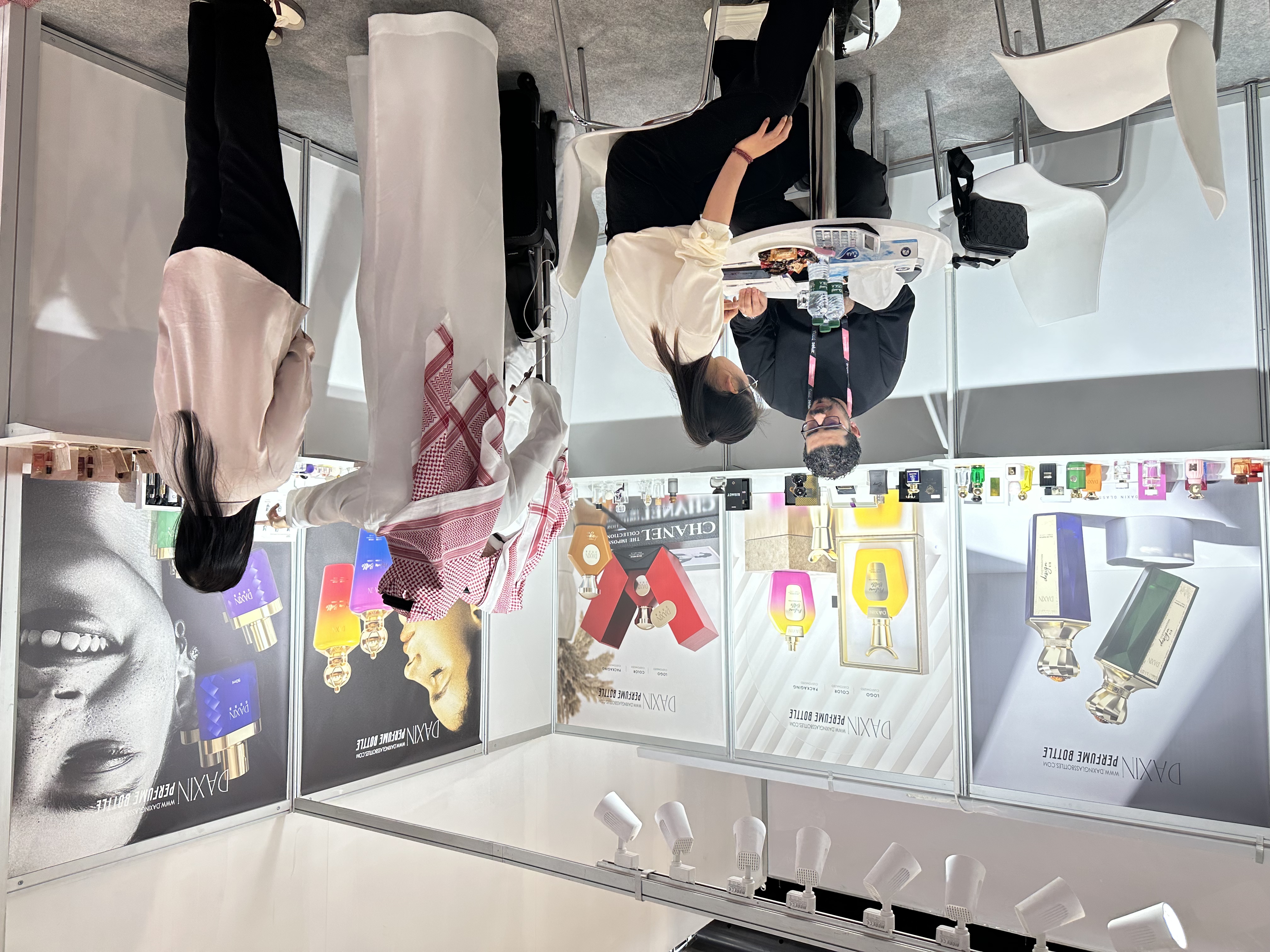
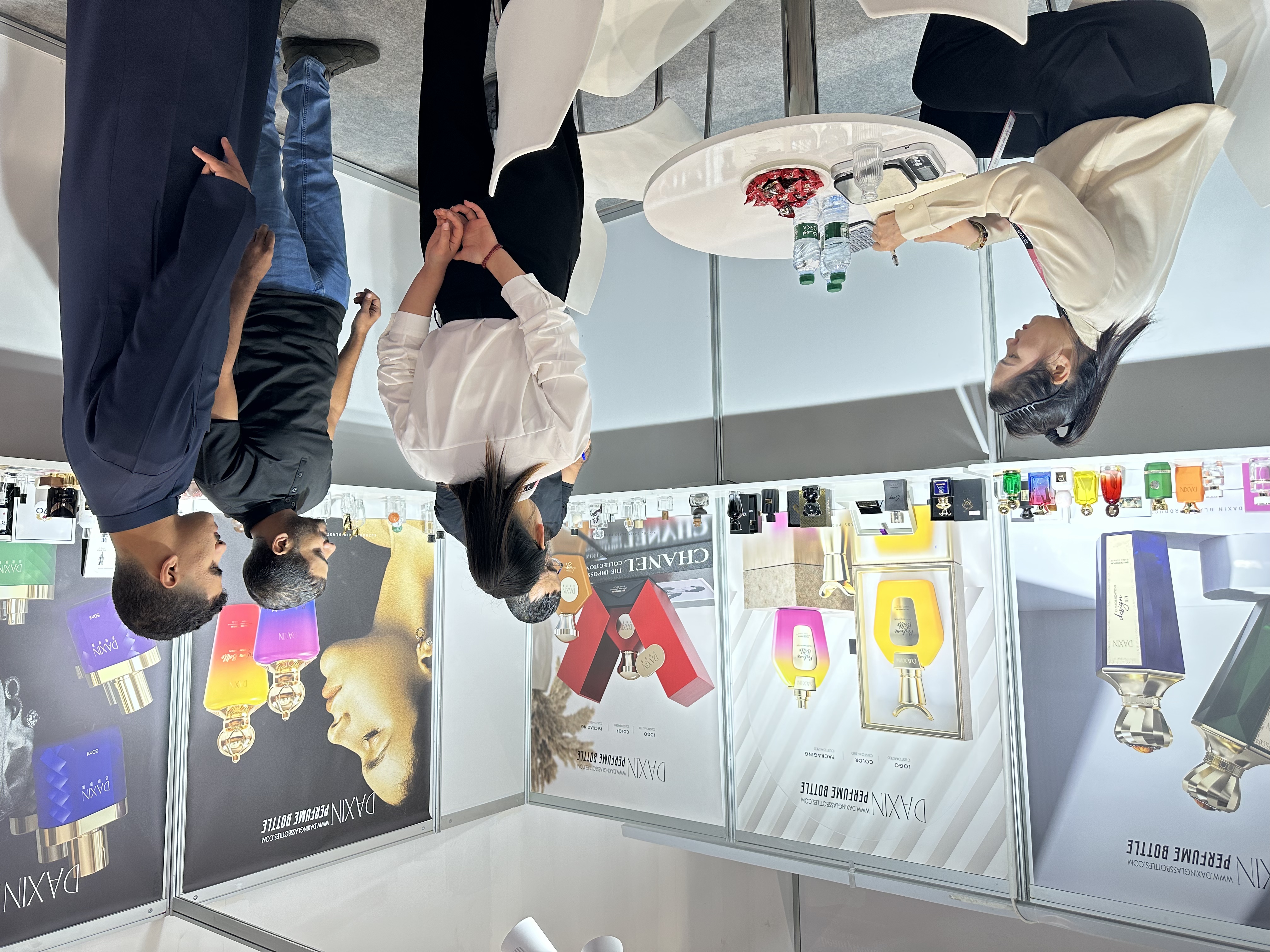
Miniature Bottles: 2ml samples are popular for e-commerce and travel retail.
E-Commerce Growth: The region's beauty e-commerce market has grown significantly, with online beauty sales in MENA increasing from 2.3% in 2018 to 6.1% in 2023. Sample-sized bottles are ideal for online retail, as they are cost-effective to ship and allow consumers to try fragrances before committing to full-sized purchases. This trend is particularly relevant in Saudi Arabia, where e-commerce is supported by high smartphone penetration (over 95%) and platforms like Noon and Amazon.ae.
Travel Retail Boom: Saudi Arabia's Vision 2030 initiative has boosted tourism, with the country aiming to attract 150 million visitors annually by 2030. Travel retail, particularly in airports like King Khalid International in Riyadh, is a key channel for fragrance sales. Compact 2ml bottles are popular in this sector, as they comply with travel regulations and cater to tourists seeking premium, portable products.
Promotional Campaigns: Brands are increasingly using sample bottles for marketing, distributing them through social media giveaways, subscription boxes, or in-store promotions. These bottles allow consumers to experience niche or luxury fragrances at a lower cost, driving brand loyalty. Daxin Glass's focus on 2ml sample bottles positions them to meet this growing demand.
Luxury and Personalization: Niche brands seek premium, customizable packaging.
Premium Materials: Consumers in the region associate luxury with high-quality materials like glass, crystal, and metal alloys. Daxin Glass's zinc alloy lids, for example, add a durable and customizable element to perfume bottles, appealing to brands seeking to elevate their packaging. Gold, silver, and gemstone accents are also popular, reflecting the region's affinity for opulence.
Niche and Artisanal Fragrances: The rise of niche fragrance brands, which focus on unique, high-quality scents, is driving demand for bespoke packaging. These brands require bottles that stand out, whether through unconventional shapes, handcrafted details, or limited-edition designs. Manufacturers can offer small-batch production or customizable molds to cater to this segment.
Personalized Packaging: Personalization is a growing trend, with consumers seeking bottles that reflect their individuality. This includes engravings, custom colors, or bottles designed for specific fragrance layering combinations. For example, brands are offering bottles with interchangeable caps or modular designs that allow consumers to mix and match scents, aligning with the region's trend of fragrance layering.
Conclusion
Daxin Glass's participation in Beautyworld Saudi Arabia 2025 was a success, positioning them to capitalize on the region's USD 7.21 billion fragrance market by 2032 (CAGR 7.50%). By focusing on sustainability, personalization, and digital trends, they can lead in the Middle East's fragrance packaging industry.
